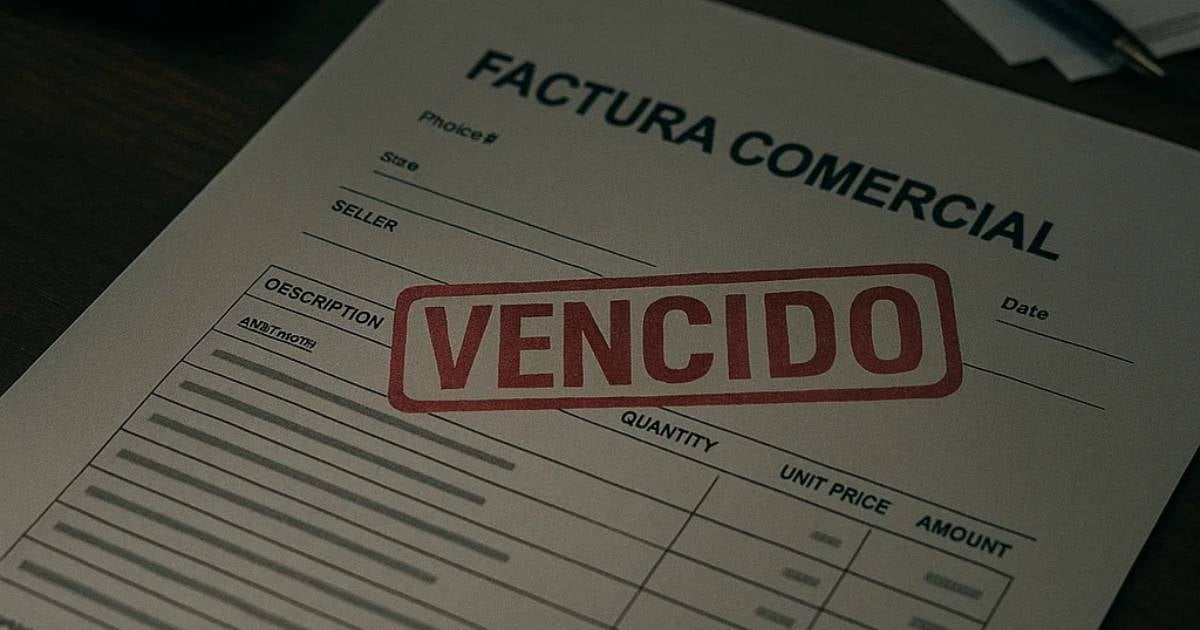The Spanish company EuroSMC S.A., a manufacturer of industrial equipment, has spoken out about the devastating impact that the Cuban government's failure to pay has had on their business. "They left us with a hole of over a million euros that almost drove us to bankruptcy," a company spokesperson disclosed to the newspaper Vozpópuli, confirming that Cuba stopped fulfilling its financial obligations since 2017.
EuroSMC's account sheds light not only on the scale of the debt but also on the intricate institutional framework behind it. Although contracts were signed with Cuban import companies like Energoimport, it was the state-run Banco Internacional de Comercio that managed the payments. "Cuba has created commercial names, but the money pot is the same. It all comes from the same place," the source explained.
Unlike traders or intermediaries, EuroSMC S.A., based in Madrid, is a factory involved in complex industrial operations. Operating in over 100 countries, they design, manufacture, and market electrical measurement equipment and power system testing devices used in substations, power plants, and energy networks. With over 30 years of experience, EuroSMC has earned international recognition for the technical excellence and certified quality of its products. The lack of payment has not only halted their revenue stream but also threatened to close down a company that had long relied on bilateral relations with Cuba. "We are a factory, not a trader. This was devastating for us," they lamented.
EuroSMC S.A.'s situation is not unique. Recently, the Catalan employers' association Foment del Treball warned that Cuba owes more than 350 million euros to about 300 Spanish companies, many of which are small to medium enterprises that exported humanitarian goods to the island, such as medical supplies and food.
According to Foment del Treball, over 15% of the companies affected by non-payment have ceased operations. Others are undergoing insolvency proceedings or are struggling to survive without access to international compensations or guarantees. Historically linked to trade with the island, Catalonia is the hardest hit region, with more than 40% of the affected companies.
The debts are concentrated in sectors crucial to the Cuban population, such as healthcare, energy, and food. Despite the severity of the situation, the Cuban government has not provided payment guarantees, citing the lack of foreign currency caused by the economic crisis and the U.S. embargo.
Debt Relief Amid Corruption Scandal
While hundreds of Spanish companies demand justice, the government of Pedro Sánchez has partially forgiven Cuban debt as part of a cooperation agreement. The so-called "debt swap" converts up to 375 million euros into investment projects in Cuba, thus avoiding the regime's cash repayment.
The measure has been harshly criticized for coinciding with a corruption crisis directly affecting the Spanish Socialist Workers' Party (PSOE). Former party organization secretary Santos Cerdán is in provisional custody for allegedly leading a network of illegal commissions with high-ranking government officials.
For many in Spain, canceling Cuba's debt is seen as an attempt to divert attention from the internal political crisis and as an unjustified gesture toward a regime that has consistently failed to meet its commitments.
The historic relationship between Spain and Cuba is facing one of its most delicate moments. The growing number of affected companies and the lack of real mechanisms to ensure payments have sown distrust in the island's viability as an economic partner.
Amid the institutional silence from Havana, those affected in Spain still await a response that has yet to come. "We have irrevocable letters of credit, perfectly documented. These don't expire, but no one pays," EuroSMC stated with resignation.
The human toll of this crisis is measured in lost jobs, factories on the brink of closure, and communities relying on small businesses now suffocated by a debt that seems to have no end in sight.
Understanding the Cuban Debt Crisis and Its Impact on Spanish Companies
What is the main issue faced by EuroSMC S.A. due to Cuban debt?
EuroSMC S.A. faces a financial crisis due to the Cuban government's failure to pay its debts, leaving the company with a deficit of over a million euros, threatening its survival.
How does the debt crisis affect other Spanish companies?
The crisis affects over 300 Spanish companies, leading to business closures, insolvency proceedings, and financial struggles, especially in the healthcare, energy, and food sectors.
What actions has the Spanish government taken regarding the Cuban debt?
The Spanish government has partially forgiven the Cuban debt through a debt swap, converting a portion of the debt into investment projects in Cuba, amid criticism and a concurrent corruption scandal.
